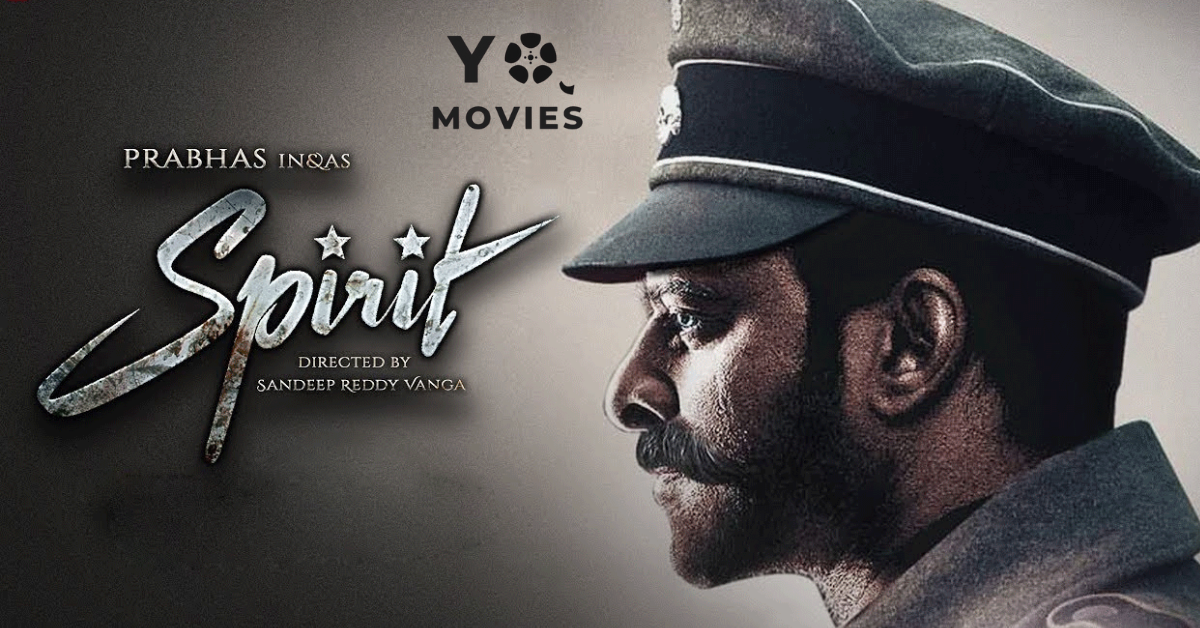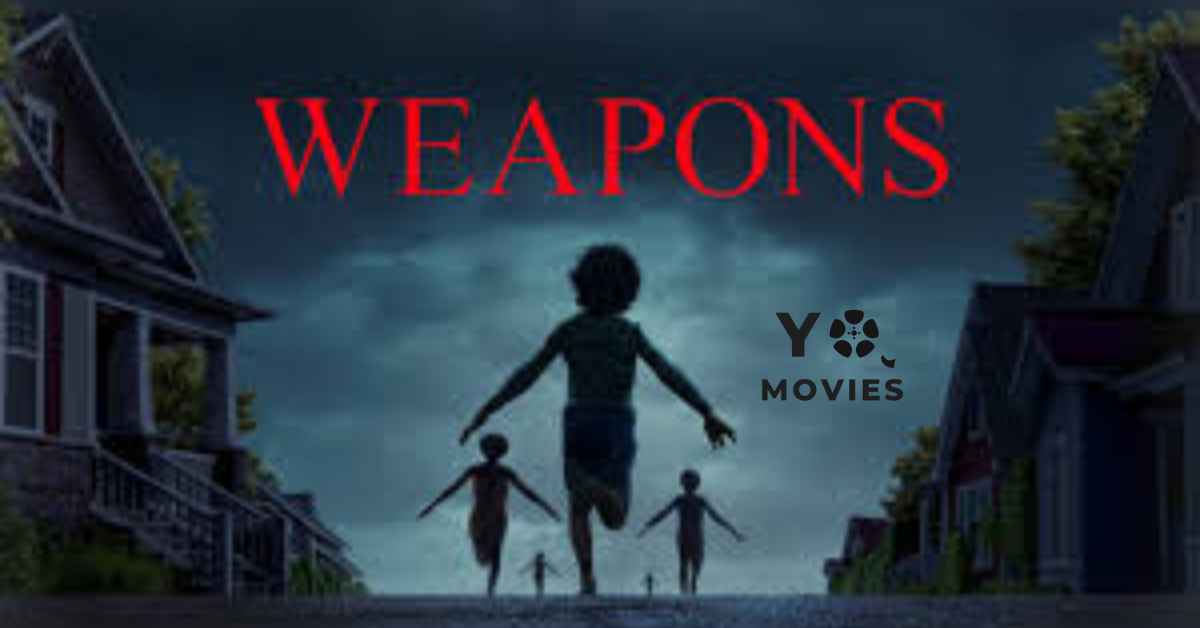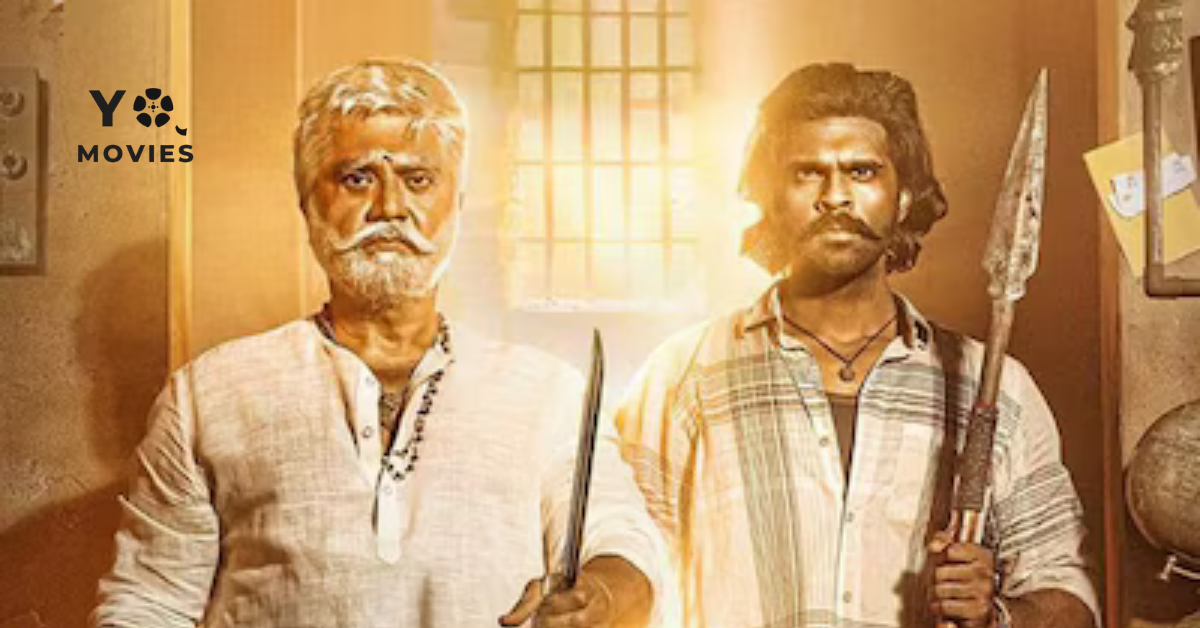When it comes to classic cinema, few films hold the legendary status of The Godfather trilogy. Directed by the visionary Francis Ford Coppola, these films are widely regarded as masterpieces of storytelling, acting, and direction. Released between 1972 and 1990, the trilogy has not only captivated audiences worldwide but also redefined modern filmmaking. This review delves into the essence of The Godfather series, exploring its lasting impact, powerful performances, and the deep themes that continue to resonate with viewers today.
Legacy of The Godfather: A Film That Redefined Cinema
The release of The Godfather in 1972 marked a turning point in Hollywood. Based on the novel by Mario Puzo, the film’s intricate depiction of family, power, and loyalty made it stand out. In an era dominated by westerns and musicals, The Godfather brought a gritty realism that felt raw and authentic. It’s not just a gangster movie; it’s a deep dive into the human condition, exploring how power corrupts, the meaning of loyalty, and the tragic consequences of betrayal.
What sets The Godfather apart is its ability to transcend the gangster genre. With its impeccable direction, Coppola delivered a film that blended crime drama with family saga, evoking emotional depth that resonated on a personal level with viewers. It redefined how filmmakers approached character development and plot, focusing more on the complex nature of human relationships rather than the violent world in which these characters existed.
Brilliant Performances: Marlon Brando, Al Pacino, and More
One cannot discuss The Godfather without mentioning the powerhouse performances that made the film so unforgettable. Marlon Brando’s portrayal of Vito Corleone is iconic. His subtle mannerisms, gravelly voice, and commanding presence created a character that became a cultural phenomenon. Brando’s ability to convey both warmth and cold-blooded authority made Vito a complex figure — not just a mafia don, but a family man caught between power and duty.
Al Pacino’s transformation throughout the trilogy is another performance that deserves special mention. Starting as the reluctant Michael Corleone, who initially shuns the family business, Pacino’s character slowly descends into the role of ruthless crime boss, showcasing a masterclass in character evolution. From innocence to cold calculation, Pacino’s performance remains one of the finest examples of an actor completely embodying his character.
Supporting actors like James Caan as the hot-headed Sonny Corleone and Robert Duvall as the cool-headed consigliere Tom Hagen brought depth to the ensemble, making every interaction on screen electrifying. Each performance, from major characters to minor ones, added layers of complexity to the film’s narrative, creating a rich tapestry that has kept audiences captivated for decades.
You may read the blog. Also How to Stream Free HD Movies Online with YoMovies?
Themes of Power, Family, and Betrayal
The Godfather series explores several universal themes that are as relevant today as they were upon release. At its core, the trilogy is about power — how it’s obtained, maintained, and ultimately, how it destroys those who wield it. Vito Corleone’s quiet yet firm grip on power contrasts sharply with Michael’s cold and ruthless approach, painting a grim picture of what happens when one becomes consumed by the pursuit of control.
Family is another central theme in The Godfather. The Corleones are bound by blood, but their loyalty to one another is constantly tested by external threats and internal ambition. The film raises important questions about where the line is drawn between personal and business, and whether family can truly survive in the world of crime and corruption.
Perhaps the most tragic theme running through the trilogy is betrayal. Whether it’s Fredo’s disloyalty in The Godfather Part II or Michael’s inability to forgive, betrayal is the thread that ultimately unravels the Corleone family. It highlights how trust, once broken, leads to devastating consequences — a lesson that hits hard for both the characters and the audience.
You may read the blog. Also, how do you download movies from YoMovies?
The Cinematic Impact of The Godfather Trilogy
The influence of The Godfather trilogy on modern cinema cannot be overstated. The trilogy set new standards for storytelling, character development, and cinematography. Gordon Willis’ iconic use of shadow and light created an atmosphere that mirrored the moral complexities of the characters. The score by Nino Rota, with its hauntingly beautiful melody, has become one of the most recognizable film compositions in history.
Additionally, Coppola’s meticulous attention to detail and pacing allowed the audience to immerse themselves fully in the Corleone family’s world. By not rushing the narrative and letting the characters breathe, he created a story that feels real, lived-in, and timeless. The Godfather’s legacy is seen in countless films that have attempted to capture its essence, from Goodfellas to The Sopranos. However, few have come close to replicating its magic.
You may Explore the Website. Also YoMovies
FAQs
The Godfather is hailed for its exceptional storytelling, deep character development, and its exploration of themes like power, loyalty, and betrayal. The performances, especially by Marlon Brando and Al Pacino, are also iconic.
The key themes include power, family, loyalty, betrayal, and the moral complexities of crime and authority.
While all three films are acclaimed, The Godfather Part II is often regarded as the best, with many critics considering it one of the greatest sequels ever made.
The Godfather set a new standard for character-driven storytelling, influencing countless filmmakers and TV shows in the crime genre, most notably Goodfellas and The Sopranos.
Absolutely. Its timeless themes, powerful performances, and groundbreaking direction make it as relevant and engaging as ever.
Conclusion
In conclusion, The Godfather trilogy remains a towering achievement in the history of cinema. Its influence has endured for more than five decades, with audiences still captivated by its powerful performances, rich storytelling, and poignant themes. As both a work of art and a cultural touchstone, The Godfather continues to inspire filmmakers, critics, and movie lovers alike. It is a must-watch for anyone looking to experience the pinnacle of cinematic excellence.




Leave a Reply